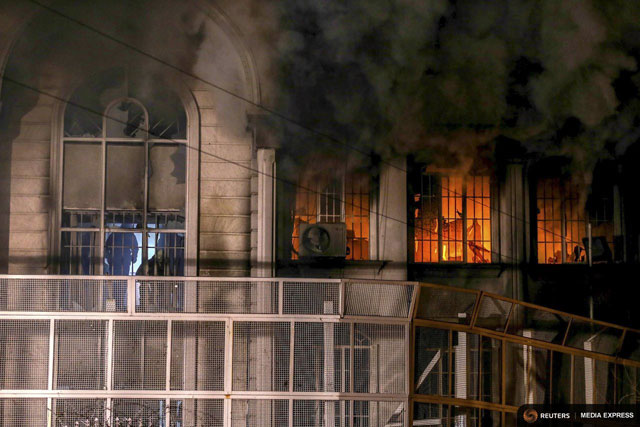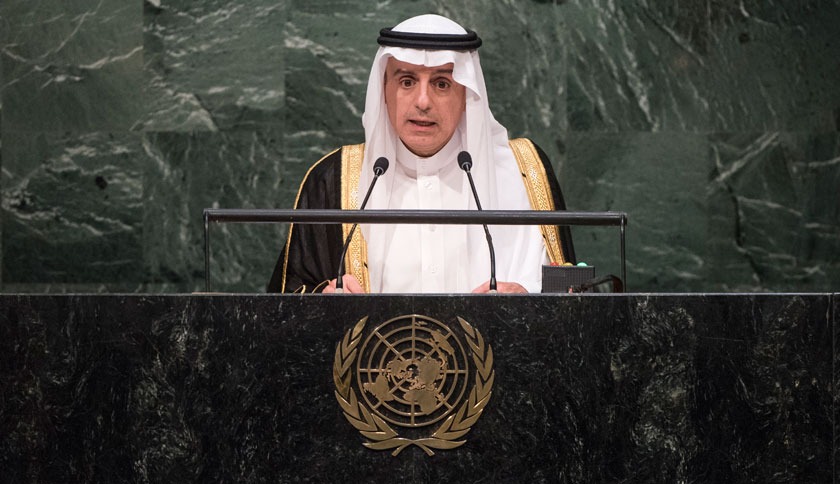Context and history are necessary to understand Saudi Arabia’s decision earlier this month to sever diplomatic ties with Iran. After the storming of the Saudi Arabian embassy in Tehran – a response to Saudi Arabia’s execution of the Shi‘i leader Nimr al-Nimr on January 2 – Saudi Arabian Foreign Minister Adel al-Jubeir announced the cutting of ties. In doing so, he noted that Iran’s aggression is “a violation of all agreements and international conventions” and called it part of an effort by Iran to “destabilize” the region. “We are determined not to allow Iran to undermine our security,” he said.
A sentiment echoing the same tone and spirit while underscoring this Saudi Arabian position of sovereignty and agency in the face of international conflict, and which could just as well have been directed at the recent American media barbs thrown at the kingdom, was conveyed more than two years ago. In an op-ed for the New York Times on December 17, 2013, Saudi Arabian Ambassador to the United Kingdom Prince Mohammad Bin Nawaf Bin Abdulaziz Al Sa‘ud explained,
Saudi Arabia has enormous responsibilities within the region, as the cradle of Islam, and one of the world’s most significant political powers. We have global responsibilities – economic and political – as the world’s de facto central banker for energy. And we have a humanitarian responsibility to do what we can to end the suffering in Syria. We will act to fulfill these responsibilities, with or without the support of our Western partners.
The flood of media attacks against Saudi Arabia since the executions has been nonstop. For example, the Iranian policymaker Seyed Hossein Mousavian published an article titled “14 Reasons Why Saudi Arabia is a Failed Mideast Power.” And the New York Times printed an op-ed by Iranian Foreign Minister Mohammad Javad Zarif that provided his view, containing unproven statements, of what transpired and the issues involved.

Because there has yet to appear a different perspective on these matters except for the op-ed by Foreign Minister al-Jubeir in today’s New York Times, this writer, an American who has visited the kingdom often over the past 46 years, is moved to also contribute to the national dialogue on these matters.
He writes as though he were in the shoes of an observer in Riyadh. What such an observer might argue in reply to the media campaign against their country would likely include the following and should be read as quotations.
Continue reading “Riyadh’s View of Tehran: An Accentuated Deficit of Trust”

